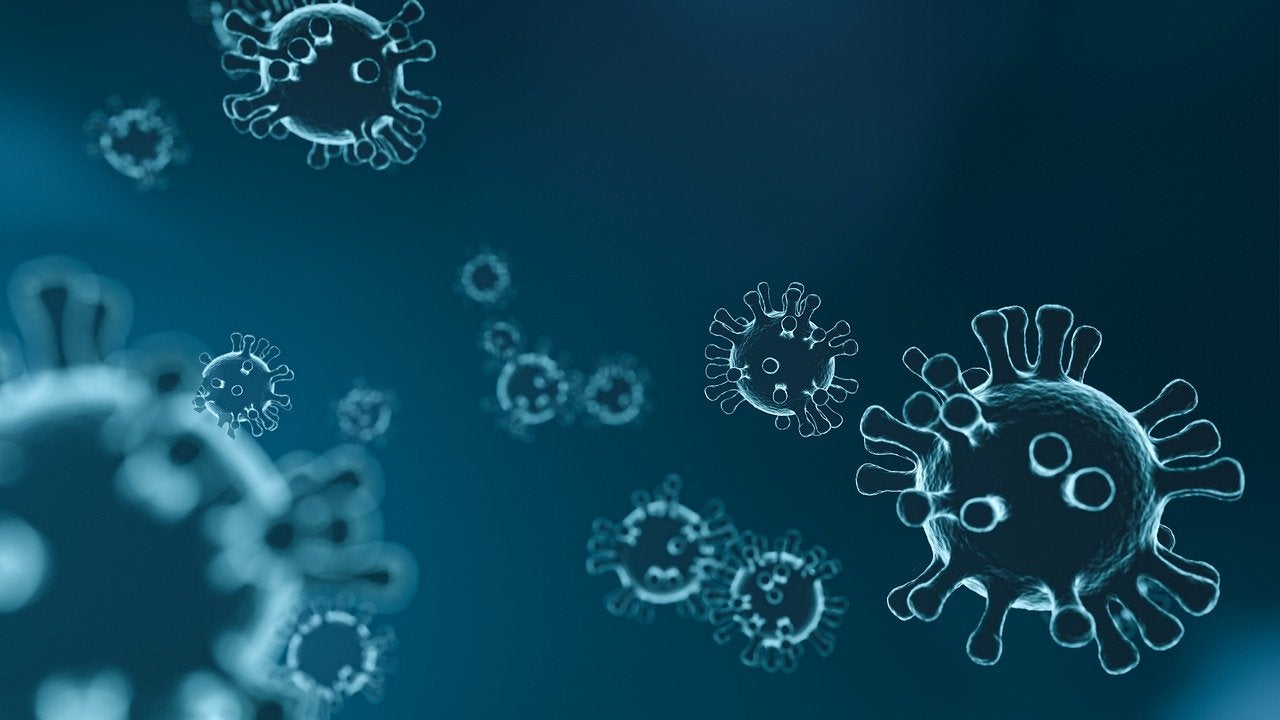
CEL-SCI has reported that its LEAPS COV-19 peptides achieved a 40% survival rate in transgenic mouse models versus 0% survival in the two control groups in preclinical studies.
The peptides were delivered as a therapeutic treatment following the breakout of the SARS-CoV-2 virus.

Discover B2B Marketing That Performs
Combine business intelligence and editorial excellence to reach engaged professionals across 36 leading media platforms.
LEAPS target the non-mutating part of the virus and elicit cytolytic T cell responses to virus-infected cells and immunomodulating responses.
The studies were conducted at the University of Georgia Center for Vaccines and Immunology.
The University of Georgia scientists and CEL-SCI’s scientific team carried out a challenge study in human(h) ACE2 receptor transgenic mice infected with a SARS-CoV-2 virus dose sufficient to cause death in all animals within eight days.
This transgenic animal model is ideal to study Covid-19 as the mice express the molecule that provides entry for the virus into human cells, CEL-SCI noted.

US Tariffs are shifting - will you react or anticipate?
Don’t let policy changes catch you off guard. Stay proactive with real-time data and expert analysis.
By GlobalDataVirus infection is optimised in this animal model providing an ideal system to analyse vaccine-induced immune protection or therapy against the infection in humans.
In the preclinical study, the animals were treated with LEAPS COV-19 peptides one day after administering a dose of SARS-CoV-2.
Data showed that 40% of the LEAPS-treated mice were alive, recovering and regained lost weight, attaining over 90% of their starting weight, by the end of the study.
Mice in the two control groups, however, lost 20% or more of their body weight by the end of the study and died between day five and day eight.
The therapy was 95% statistically significant.
Apart from this, another study analysing the preventive property of using LEAPS against the disease showed similar findings with a slightly lower level of statistical significance.
CEL-SCI CEO Geert Kersten said: “A critical benefit of LEAPS’ mechanism of action is its focus on highly conserved portions within the nucleoprotein of the virus.
“This may become very important as mutations in SARS-CoV-2 that could limit a vaccine or treatment induced protection have already been reported.”





